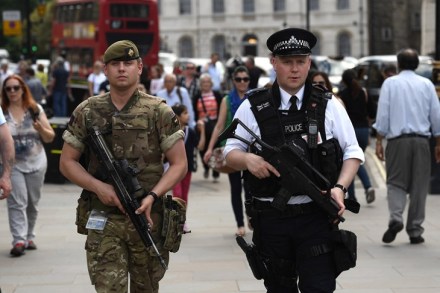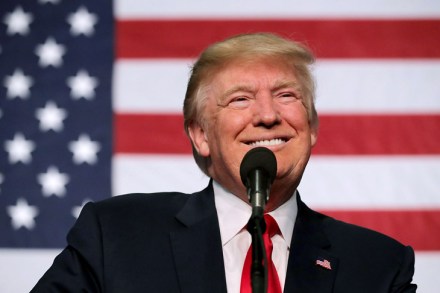Corbyn’s fallen idols
Jeremy Corbyn finally broke his silence on Venezuela this week, but in the manner of a man who has his head buried in a very large bucket of sand. He condemned violence ‘on both sides’, painting the country’s problems as a battle between factions rather than a case of a repressive government snuffing out popular



















